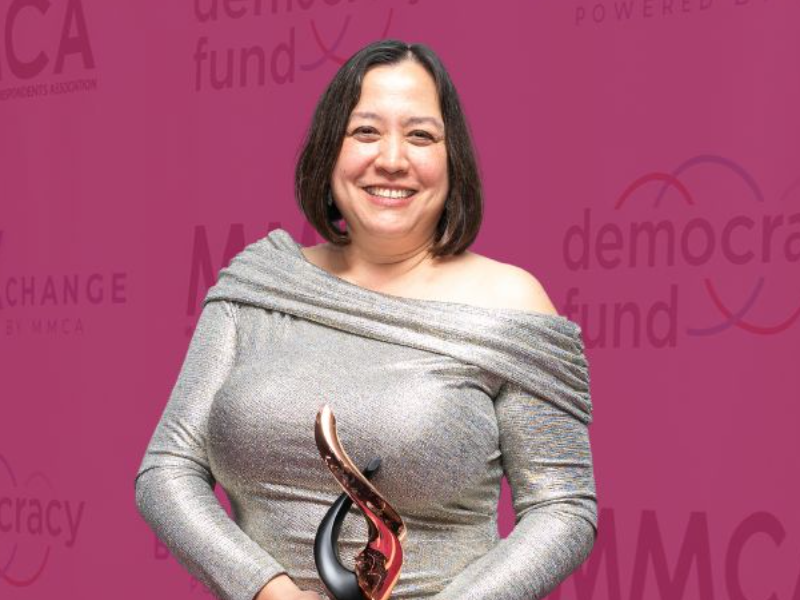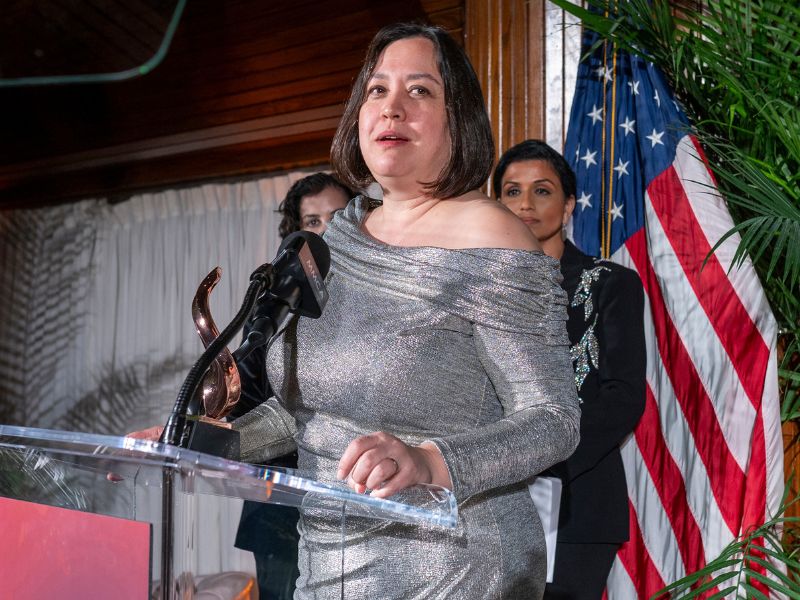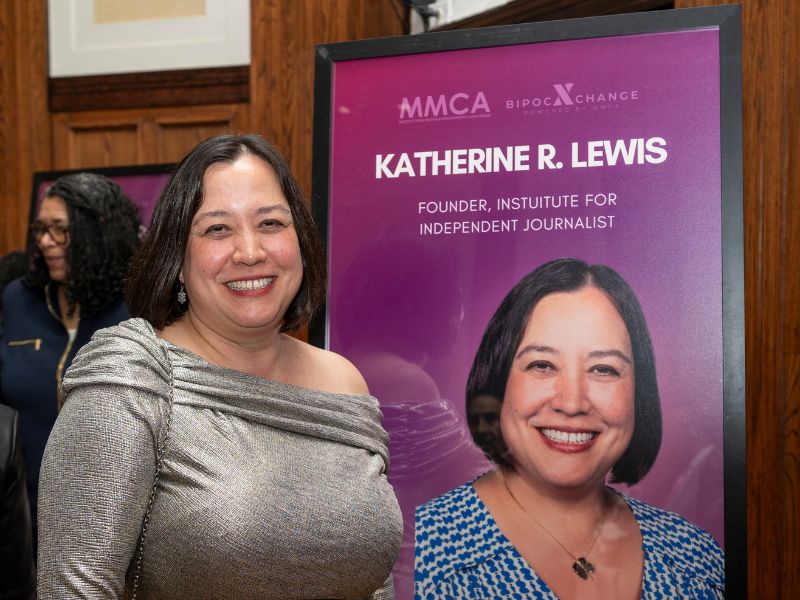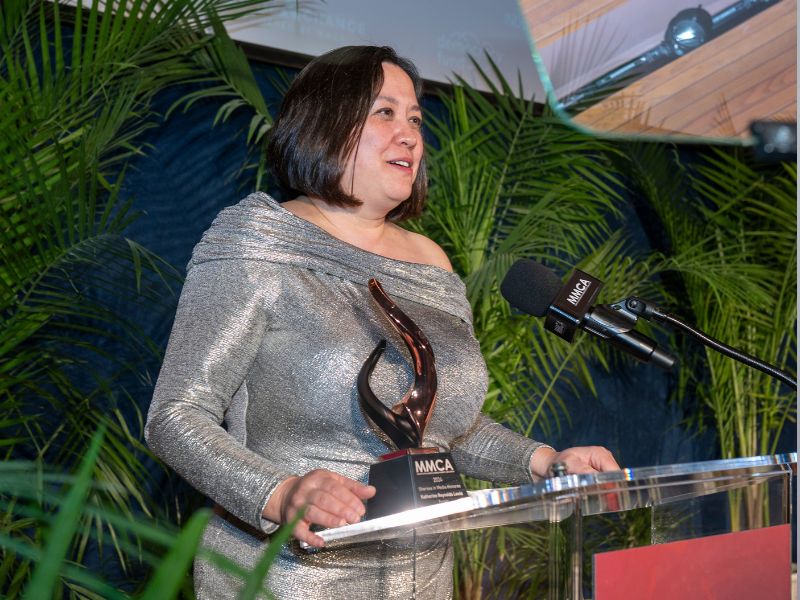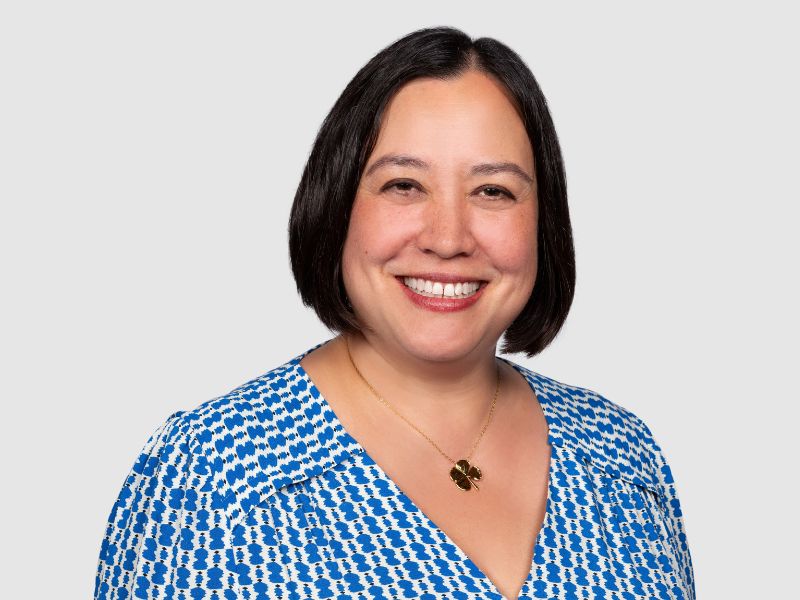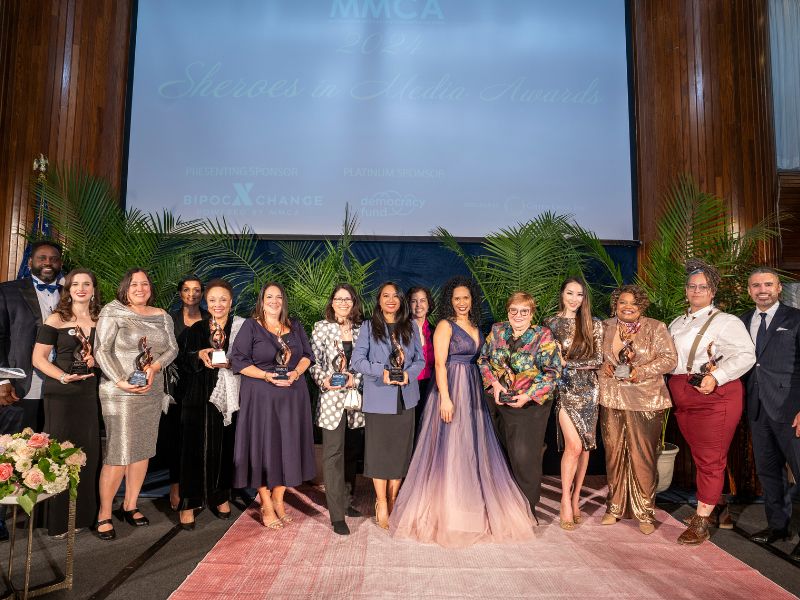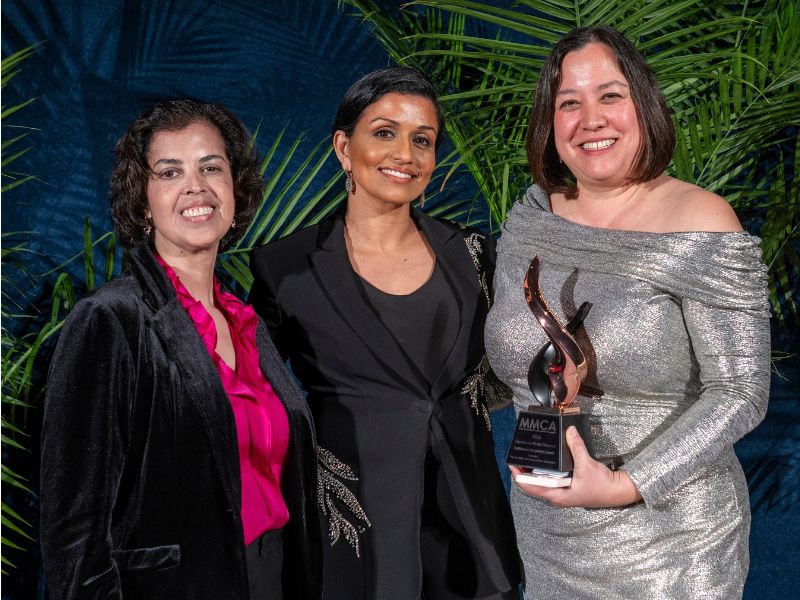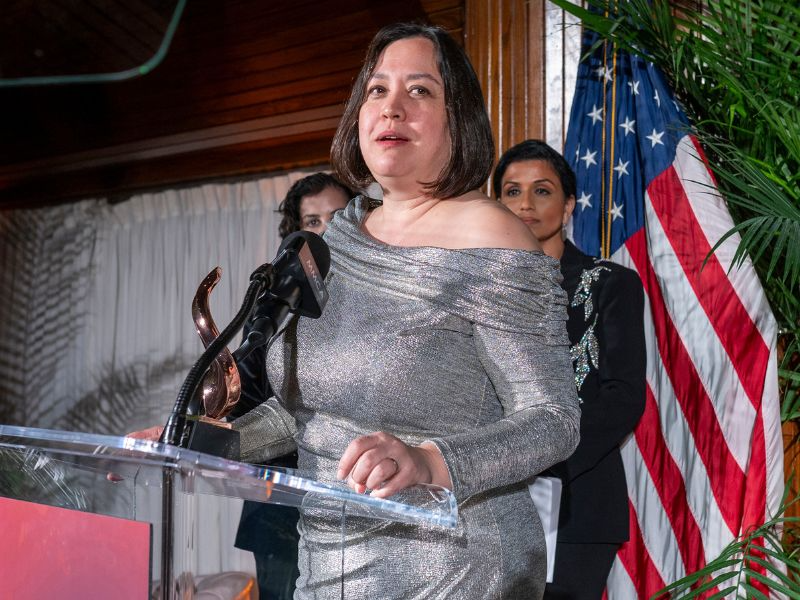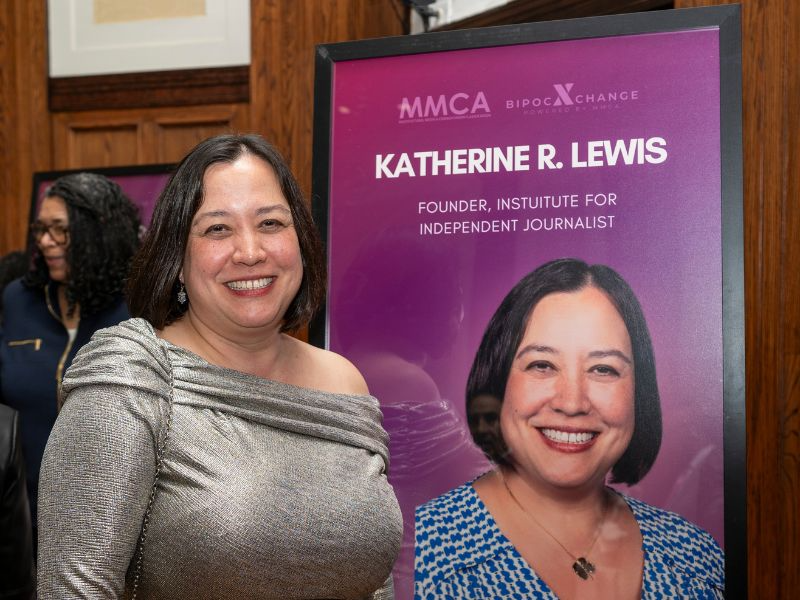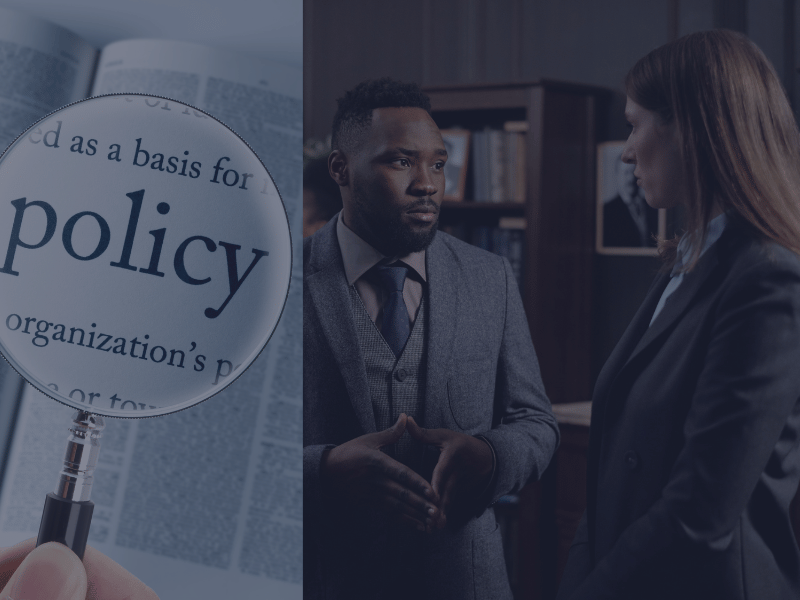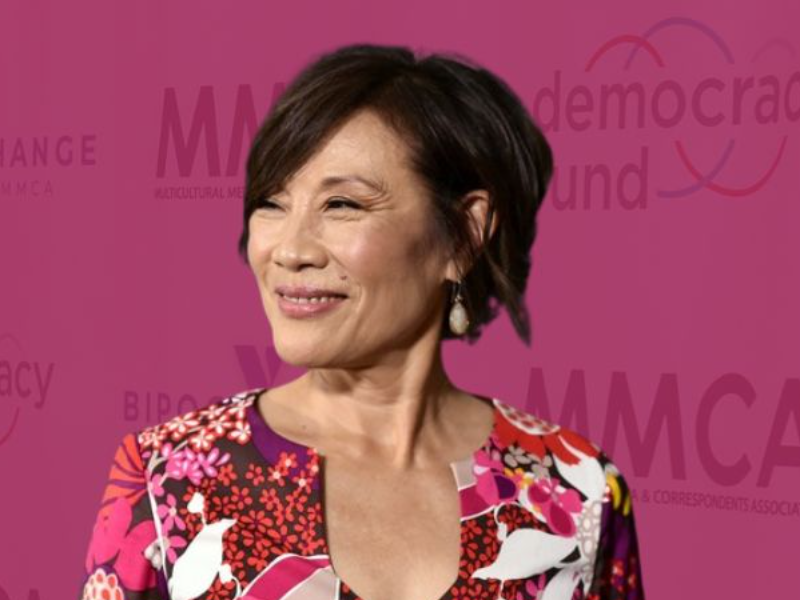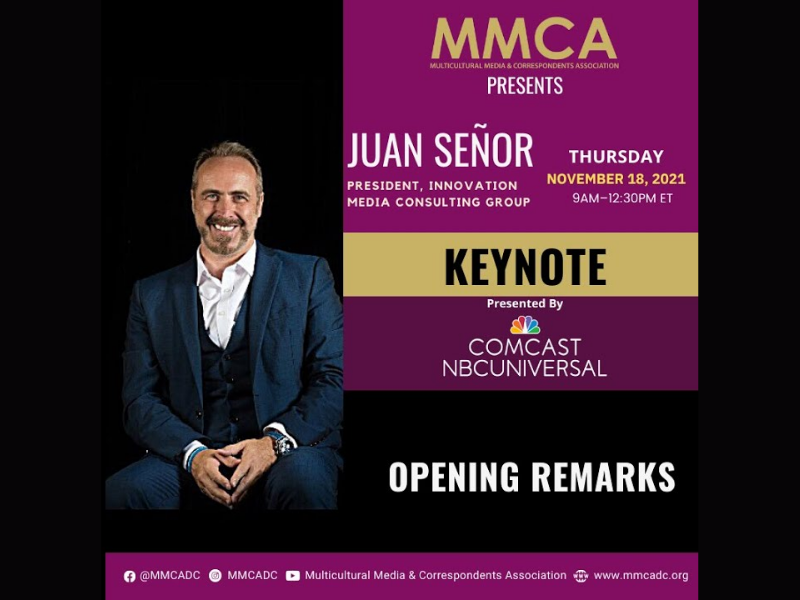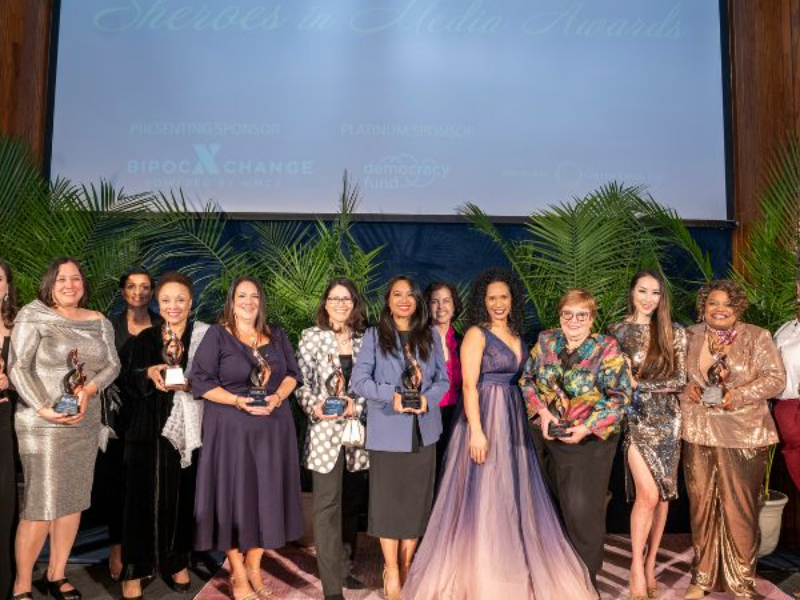Meet the Sheroe Fearlessly Advocating for Freelance Journalists
Publishable article by Richard Leiby courtesy BIPOCXChangeThough the Institute for Independent Journalists is oriented toward persons of color, its founder and president, Katherine Reynolds Lewis, no doubt speaks for freelancers everywhere when she makes this modest proposal: “Can I say the pay scale should be flipped between CEO and intern?”
“Because one of my biggest frustrations,” she continues, “is that there are so many people at the top who are just failing up – they launch a news organization, hire a ton of journalists, make a big splash, get covered in the New York Times; and then a year later, or three years later, or ten years later, the organization fails and dozens or hundreds or thousands of hardworking, committed journalists are laid off and the CEO goes on to the next thing.”
View MMCA 2024 Sheroes in Media Awards Acceptance Speech
(Photo Credit MMCA)
Her proposal comes at least partly in response to what has happened personally to Lewis, a business-journalist-turned-science writer who spent stints at Bloomberg News and Newhouse. Then came layoffs, and Reynolds re-oriented as a prolific freelancer writing on youth, mental health and racial justice.The pandemic threw her for a loop. “I had been very actively reporting in schools, spending a lot of time with families, and suddenly couldn’t do that anymore,” she says. “And I was really honestly struggling. I’m an extrovert. In March 2020, I was not doing ok.”
So Lewis reached out to colleagues and they started what became a revelatory monthly Zoom meeting. “We were really able to support each other, not just in finding opportunities or strategizing how to pitch something, but just in keeping our spirits up…Sometimes you don’t understand how great you are until you see it reflected back in a friend’s eyes.”
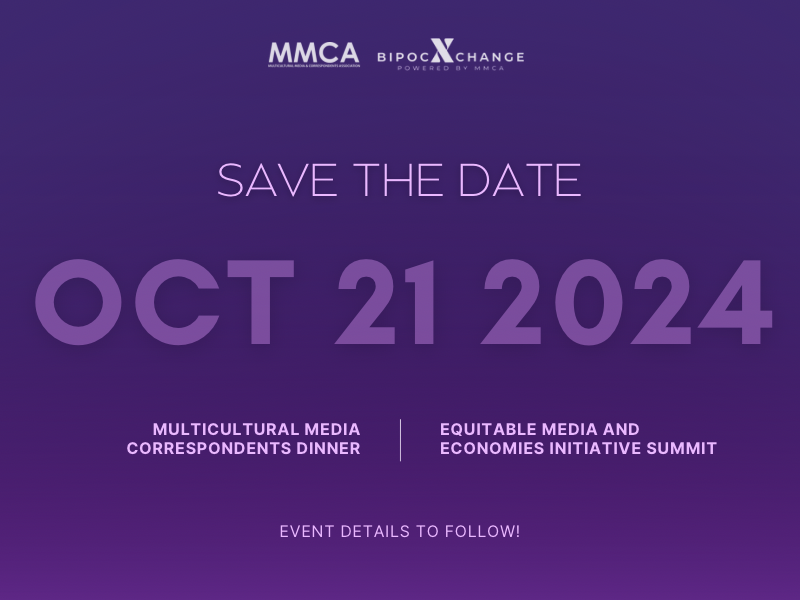
Almost two years after its launch, IIJ recently completed its second two-day, eleven-panel conference, covering everything from what editors really want to platform monetization to a lack of diversity data. “The two things that 500 freelancers told us that they needed were, Number One, access to gatekeepers and, Number Two, business know-how to run a successful practice. As a tiny organization – “We’re a baby, we don’t even have a single full-time staffer”-- Lewis loves finding other organizations to partner or collaborate with.
She takes inspiration from her native Chinese mother, who came to the US expecting just a graduate degree but ending up staying to marry her American father. “I know she faced a lot of prejudice, discrimination, you know, and she’s just so brilliant and committed to her work that I’ve always looked up to her.”
View MMCA 2024 Sheroes in Media Awards Interview Clip
(Photo Credit MMCA)
“I remember when she retired. She was the chief financial officer for the University of Virginia. And we have a photo of just, like, her team, which must have been 150 people – and so many of them came up to me and had this personal story of how she made a difference in their life.”
“I often say that physics and journalism both seek to understand our world and explain it to people, and that’s really been the driving force behind my interest in journalism,” she says. “And right now there is no greater need, honestly, in journalism than how do you survive and thrive between all the layoffs happening and pay either stagnant or declining, and people really feeling a lack of security? So that’s been very rewarding for me to try to make a difference.”
Publishable article by Richard Leiby courtesy BIPOCXChange
DOWNLOAD ALL MMCA 2024 SHEROES IN MEDIA PRESS ASSETS
ACCESS MMCA 2024 SHEROES IN MEDIA AWARDS PRESS PAGE
